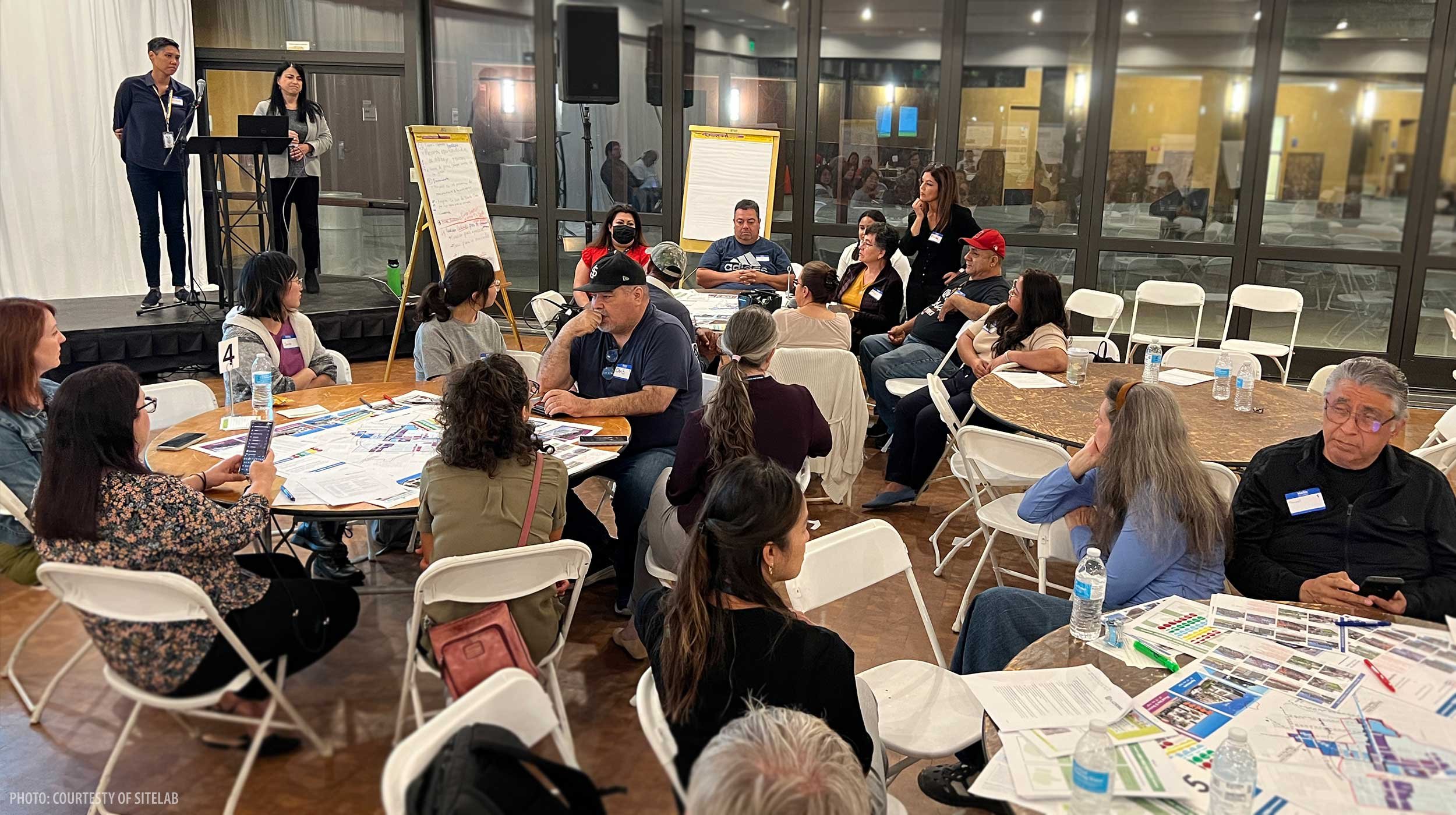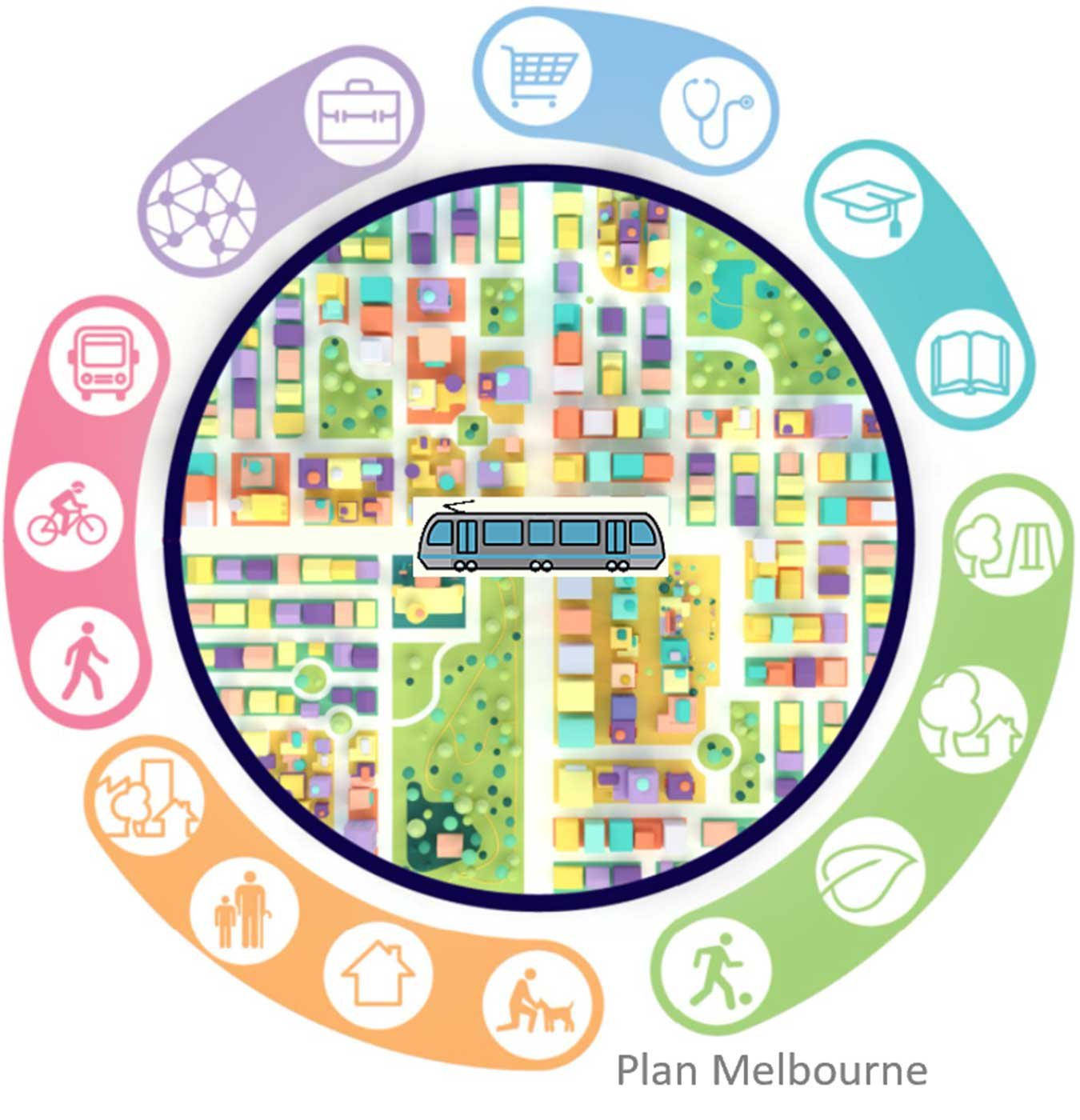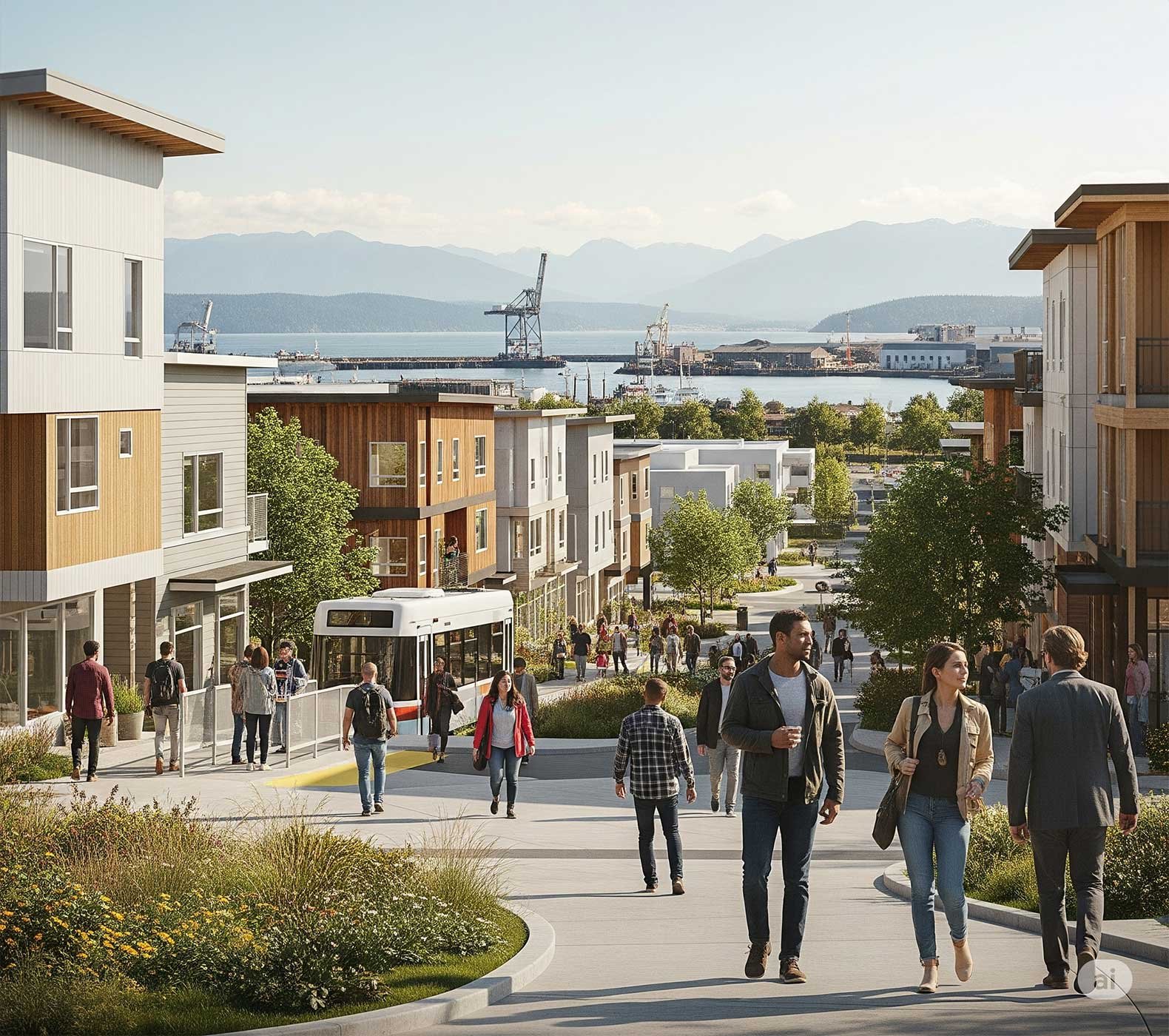




Applied Expertise
Jobs and Housing Growth • Transit-Oriented Development • Community Engagement

Challenge
Established in 2021, Plan Bay Area 2050 aimed to concentrate new housing and job growth around existing transit hubs. The goal was twofold: foster mixed-income development and reflect the unique history and values of distinctive communities. As one of the nine Bay Area counties, and home to San Jose, California's third-largest city, Santa Clara County had a monumental task ahead in managing this concentrated growth.

Solution
Roy Mann’s team took on this challenge. They meticulously analyzed examples from around the world, such as Plan Melbourne, and scrutinized growth patterns along transit corridors. A key component of their strategy involved identifying and expanding "first-and-last-mile" service providers, ensuring residents could seamlessly connect to transit options. Their groundbreaking findings revealed that TOCs could absorb a remarkable 50% of Santa Clara County's projected growth while utilizing less than 1% of its urbanized land. This demonstrated an incredibly efficient and sustainable approach to development.

Results
This innovative effort has already borne fruit, seeding 14 projects and disbursing $750,000 in grants to 12 community-based organizations and two local agencies. These investments are specifically targeted at advancing infill development and fostering vibrant neighborhoods directly adjacent to transit. By focusing growth in these transit-rich areas, Santa Clara County is not only accommodating its future population but also safeguarding the unique local character of existing communities, with minimal impact on its more rural landscapes.
